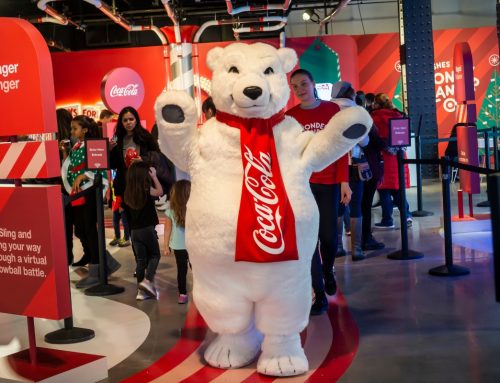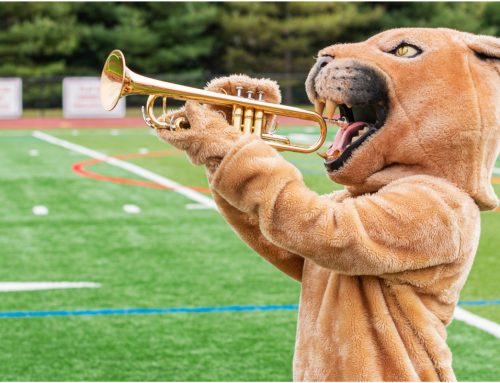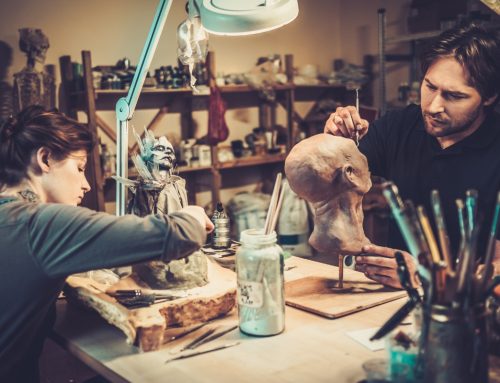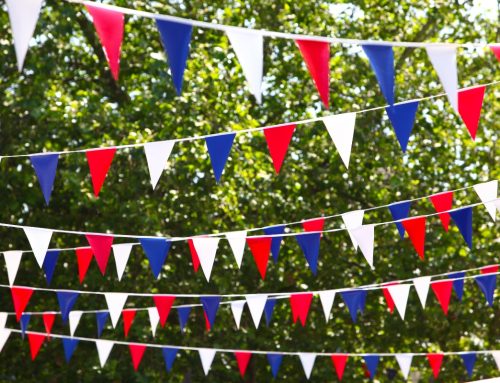In the dynamic world of marketing, where customer behaviours evolve and new strategies emerge, one timeless tool remains impactful – brand mascots. From the jovial Ronald McDonald to Sergei and Alexsander from Compare the Market, brand mascots have carved out an indelible space in the marketing landscape. But why do these characters resonate so profoundly with audiences, and what makes them a valuable investment for businesses? Let’s dive in and explore.
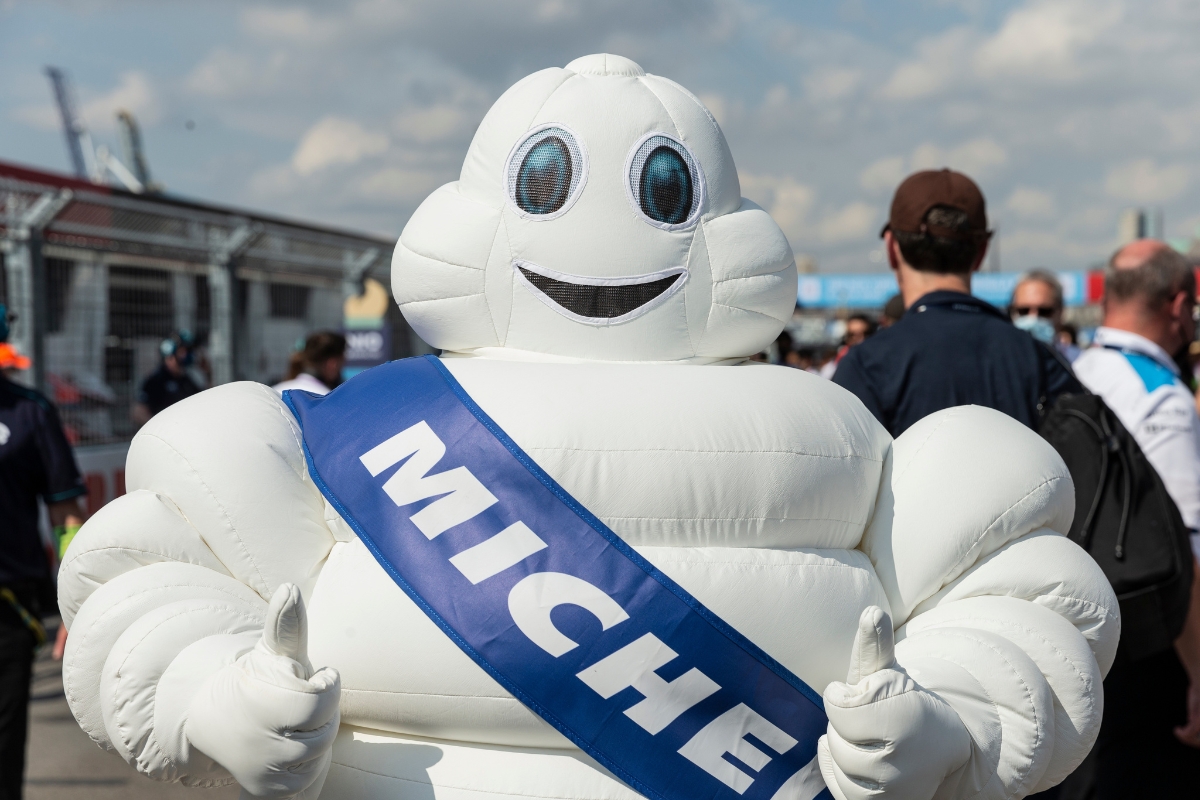
What is a Brand Mascot?
A brand mascot is an animated character, object, human, or animal that personifies a company’s identity. It’s a unique symbol that enables consumer engagement and creates a distinctive brand persona. Brand mascots have a broad appeal, catering to diverse customer segments, from young children to older adults.
The Types of Brand Mascots
Brand mascots come in various forms, each serving a unique purpose:
- Human Mascots: These mascots add a personal touch to the brand’s image, making it more interactive for audiences. For instance, the iconic Ronald McDonald the cheerful face of the McDonald’s fast-food chain.
- Animal Mascots: Often used for brands targeting younger audiences, animal mascots like Kellogg’s Tony the Tiger captivate with their charm.
- Object Mascots: Some companies personify specific objects related to their products or services, such as M&M’s animated chocolates.
The Impact of Mascot Branding
Mascot branding is an intriguing and creative way to establish brand recognition. A large portion of consumer goods utilises mascots to differentiate themselves from competitors.
Enhancing Brand Engagement
Brand engagement is a continuous cycle — it doesn’t end with sales targets. Companies add a unique dimension to their brand vision through mascots, creating a distinctive mascot that increases identification and allows customers to connect with it.
Innovative and Entertaining Approach
Traditional marketing campaigns no longer captivate today’s consumers. In contrast, brand mascots bring freshness to a company’s identity. Through innovative campaigns, marketing teams can attract and engage audiences.
Boosting Social Media Marketing
In the digital marketing era, where no fixed rules exist for campaigns, brand mascots play a crucial role. They can be used to create posts and campaigns that add a fun element to social media feeds.
Creating Lasting Impressions
Visual images tend to have a longer-lasting impact on a customer’s mind. Mascot branding allows your brand to become more recognisable among others.
Fostering a Positive Company Image
While collaborating with public figures might seem like an excellent way to increase brand awareness, it can backfire if the brand face loses popularity or gets involved in negative publicity. In contrast, mascots always radiate a positive image of the company.
Do You Need a Brand Mascot?
Not every business may need a brand mascot. Many successful companies have created a solid customer base without using brand mascots. To decide whether a mascot is right for your brand, consider the following factors:
- Type of product and service: Mascots may not be suitable for heavy industrial goods and the manufacturing sector.
- Type of audience: The choice of a brand mascot depends on the brand’s target audience.
- Customisation: Your mascots should be adaptable to every target country and segment.
- Alternatives: Before opting for mascots as a marketing strategy, companies should consider other options as well.
The Pros and Cons of Using a Mascot
As with any marketing strategy, brand mascots come with their set of advantages and disadvantages.
The Advantages
- Brand Awareness: Mascots help create brand awareness, especially for new market entrants.
- Effective Communication: Human mascots can convey information to the audience effectively.
- Vast Reach: Mascots can ensure virality in the era of digital marketing.
The Disadvantages
- Time-Consuming Process: Creating a mascot takes time and does not guarantee immediate impact.
- Need for Updates: Mascots need to be updated periodically.
- No Assurance of Success: Heavy investments in mascots can go in vain if it does not resonate with the audience.
Modern Day Brand Mascots
Today, brand mascots have evolved beyond static images. Modern mascots like Sergei and Alexsander from Compare the Market engage audiences through social media interactions, creating a vibrant and interactive brand persona. These mascots not only entertain but also foster emotional connections, making them a crucial part of the brand’s identity.
Mascots can be a powerful marketing tool by embodying the brand’s values and connecting with audiences on an emotional level. However, businesses should consider their needs and audience preferences carefully before investing in a mascot.
If you’re considering a brand mascot for your business and would like help with ideas and mascot costume designs, then please get in touch with our team today.

